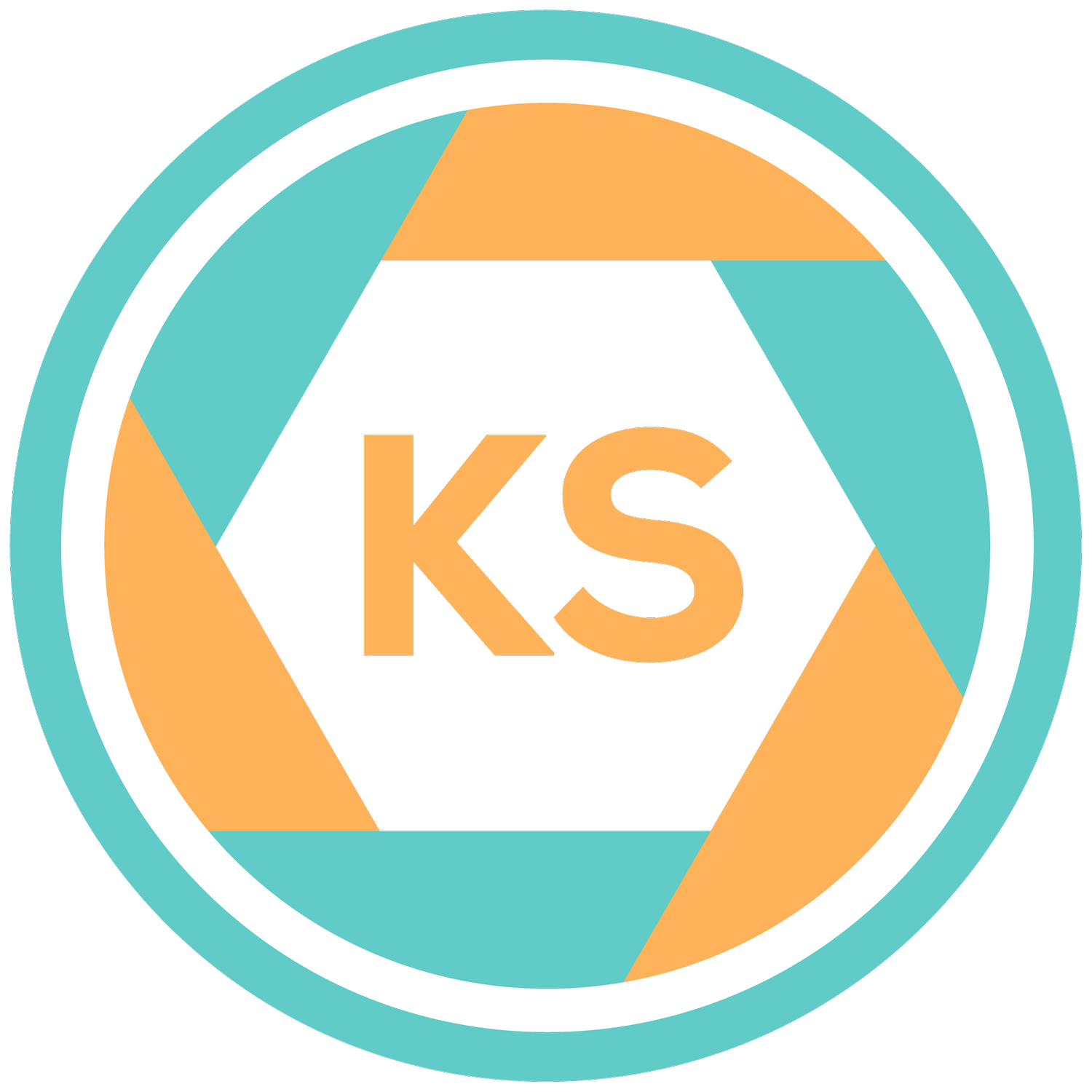AI-Generated Art: Exploring Authenticity and Creativity in the Digital Age
*Disclosure: This post may contain affiliate links that at no additional cost to you, I may earn a small commission.
Yes. Yes, it is.
Okay, now that we got that out of the way let’s talk about why.
The art world has always been a dynamic space, where innovation and creativity collide to create masterpieces that challenge the limits of human imagination. With the advent of artificial intelligence (AI), there has been a proliferation of AI-generated art, sparking a debate about the legitimacy of such creations. Can AI-generated art be considered real art? In this blog post, we will delve into the world of AI art, explore its creative potential, and argue that AI-generated art is indeed real art.
The Essence of Art: Creativity and Expression
The essence of art lies in its ability to express emotions, ideas, and perspectives, while also challenging societal norms and expectations. Art is often considered a reflection of the artist's inner world, a visual manifestation of their thoughts and feelings. AI-generated art is no different. It may be a product of complex algorithms and vast databases, but it too can evoke emotions and provoke thought in the viewer.
The Role of the Artist in AI Art
One might argue that AI-generated art lacks the essential human touch, and therefore, cannot be considered real art. However, it is crucial to remember that AI is not an autonomous creator but a tool used by artists to explore new dimensions of artistic expression. The artist still plays a vital role in the creative process, from selecting the initial inputs and parameters to refining the final output. In this sense, AI-generated art is an extension of the artist's vision, much like a paintbrush or a chisel.
The Evolution of Art and Technology
Throughout history, technological advancements have shaped and redefined the art world. The invention of the camera, for example, transformed the way we perceive and capture reality, while digital tools have opened up new possibilities for artistic expression. AI-generated art is yet another milestone in the ongoing evolution of artistic mediums. By dismissing it as illegitimate, we risk stifling the creative potential of future generations.
The Unpredictability and Innovation of AI Art
AI-generated art often surprises both artists and viewers with its unpredictable nature. By harnessing the power of machine learning, AI can generate unique and visually captivating images that push the boundaries of traditional artistic conventions. This capacity for innovation is a testament to the legitimacy of AI-generated art, as it encourages us to reconsider our preconceived notions of what art can and should be.
The Importance of AI Art in the Digital Age
As we continue to embrace technology in our daily lives, it is inevitable that art will also be influenced by these advancements. AI-generated art serves as an essential bridge between the digital and the physical realms, enabling us to explore new forms of artistic expression. In doing so, it also prompts important conversations about the role of technology in society and the future of art.
Conclusion
AI-generated art is a reflection of our ever-evolving world, where the lines between the human and the digital continue to blur. By embracing AI as a legitimate artistic medium, we can unlock its full creative potential and foster a new era of artistic innovation. The essence of art lies in its ability to communicate emotions, ideas, and perspectives – and AI-generated art accomplishes this beautifully, proving that it is, without a doubt, real art.
Everything you need to get started with 35mm film:
Cameras - eBay
Film - Amazon
Cinestill CS41 Developing Kit - Amazon
Epson V600 Flatbed Scanner - Amazon




